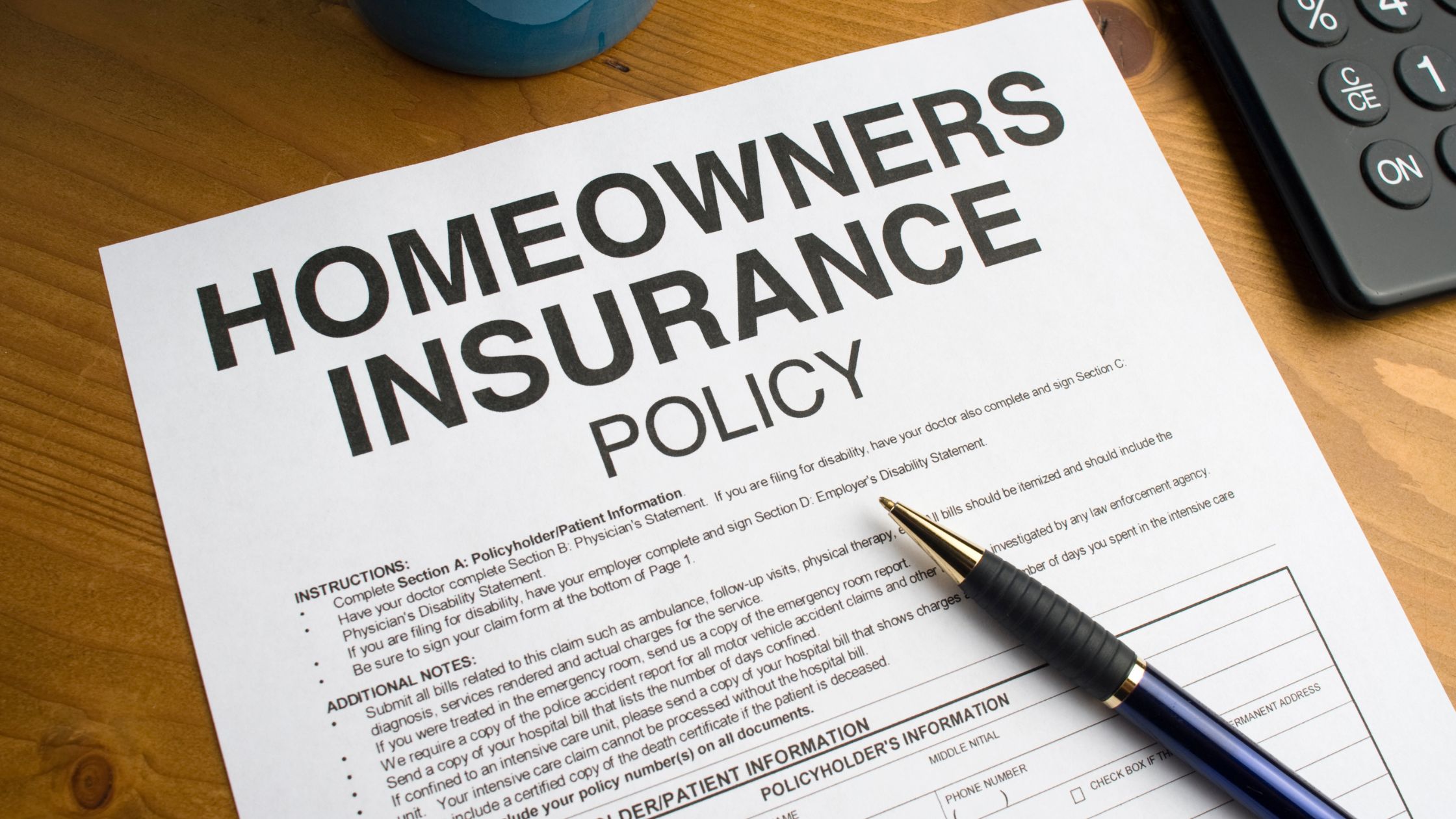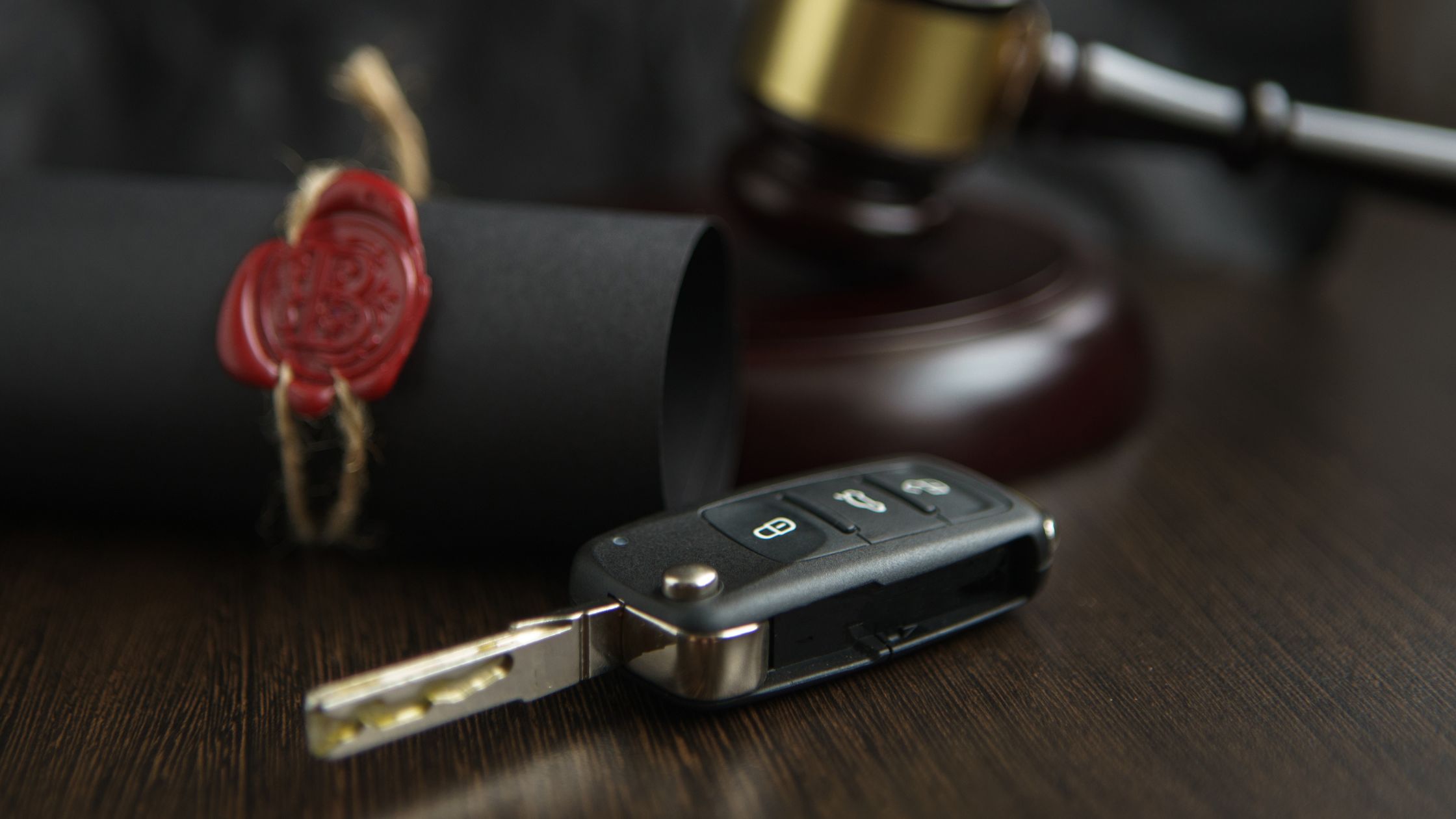Introduction:
Car accidents can lead to significant financial burdens, such as medical bills, vehicle repairs, and lost wages. Understanding the factors that influence a car accident settlement amount is crucial. This knowledge will guide you in setting realistic expectations and planning your recovery and future.
1. Factors Affecting Your Settlement Amount
Several factors determine the amount you can expect from a car accident settlement. These include:
- Medical Expenses: The cost of medical treatment, including hospital stays, surgeries, medications, and ongoing care, plays a significant role in your settlement amount. Keep detailed records of all your medical expenses.
- Property Damage: The cost to repair or replace your vehicle and any other damaged property is included in the settlement. Obtain repair estimates or proof of replacement costs.
- Lost Wages: If the accident caused you to miss work, you could be compensated for lost wages. This includes future earnings if your ability to work is affected long-term.
- Pain and Suffering: Compensation for physical pain, emotional distress, and loss of enjoyment of life is often included in settlements. The severity and impact of your injuries influence this amount.
- Liability: The clarity of who is at fault affects your settlement. If the other party is clearly liable, you are more likely to receive a higher settlement.
- Insurance Policy Limits: The at-fault party’s insurance policy limits can cap the maximum amount you can receive. You may need to explore other compensation options if damages exceed these limits.
2. Calculating Your Settlement Amount
To estimate your settlement amount, consider the following steps:
- Add Up Economic Damages: Calculate all your economic damages, such as medical expenses, property damage, and lost wages. This provides a baseline for your settlement amount.
- Consider Non-Economic Damages: Determine a reasonable amount for pain and suffering. This is often calculated using a multiplier of your economic damages based on the severity of your injuries.
- Factor in Liability: Adjust your estimate based on the degree of fault. If you are partially at fault, your settlement may be reduced proportionally.
3. Examples of Car Accident Settlement Amounts
While each case is unique, understanding typical settlement amounts can provide context. Here are a few examples:
- Minor Injuries: Settlements for accidents involving minor injuries, such as whiplash or bruises, might range from $2,000 to $10,000. These cases usually involve short-term medical treatment and minimal time off work.
- Moderate Injuries: Accidents causing moderate injuries, such as broken bones or concussions, often result in settlements ranging from $10,000 to $50,000. These cases may involve longer medical treatment and more significant time off work.
- Severe Injuries: For severe injuries, such as traumatic brain injuries or spinal cord damage, settlements can exceed $50,000 and may reach into the hundreds of thousands or more. These cases involve extensive medical treatment, long-term rehabilitation, and potentially permanent impacts on your ability to work and quality of life.
4. Working with a Personal Injury Attorney
Engaging a personal injury attorney can have a significant impact on your settlement amount. Their expertise in evaluating your claim, negotiating with insurance companies, and providing legal guidance can help you navigate the complexities of the claims process and avoid common pitfalls, ultimately maximizing your settlement.
- Expert Evaluation: An attorney can accurately assess the value of your claim, ensuring all factors are considered.
- Negotiation Skills: Attorneys are skilled negotiators who effectively communicate with insurance companies to seek a fair settlement.
- Legal Guidance: They provide legal advice and representation, helping you navigate the complexities of the claims process and avoid common pitfalls.
5. The Settlement Process
Understanding the settlement process can bring a sense of relief, helping you manage your expectations and feel more in control. Here’s an overview:
- Filing a Claim: After the accident, file a claim with the at-fault party’s insurance company. Provide all necessary documentation, including medical records, repair estimates, and proof of lost wages.
- Initial Offer: The insurance company will review your claim and make an initial settlement offer. This offer is often lower than the actual value of your claim.
- Negotiation: You or your attorney can negotiate with the insurance company to seek a higher settlement. This may involve multiple rounds of offers and counteroffers.
- Settlement Agreement: A settlement agreement is signed once both parties agree on an amount. This agreement typically includes a release of liability, meaning you cannot pursue further compensation for the same accident.
Conclusion: Determining how much to expect from a car accident settlement involves considering various factors, including medical expenses, property damage, lost wages, pain and suffering, liability, and insurance policy limits. Working with a personal injury attorney can help you navigate the process and maximize your settlement. Understanding the factors and the settlement process allows you to set realistic expectations and work towards a fair resolution.
FAQs (Frequently Asked Questions) About Car Accident Settlements:
Q1: How long does it take to receive a car accident settlement?
- The timeline for receiving a settlement can vary. It may take a few weeks to several months, depending on the case’s complexity and both parties’ willingness to negotiate.
Q2: Can I still receive a settlement if I am partially at fault?
- You can still receive a settlement if you are partially at fault. However, the amount may be reduced based on your percentage of fault, following the principles of comparative negligence.
Q3: Should I accept the insurance company’s first settlement offer?
- It’s generally not advisable to accept the first settlement offer. Insurance companies often start with a lower amount, expecting negotiations. Consult with an attorney to evaluate the offer’s fairness.
Q4: What if the at-fault driver’s insurance limits cannot cover my damages?
- If the at-fault driver’s insurance limits are insufficient, you may seek compensation through your insurance policy if you have underinsured motorist coverage. You might also consider filing a lawsuit against the at-fault driver.
Q5: How are pain and suffering calculated in a car accident settlement?
- Pain and suffering are often calculated using a multiplier method, where your total economic damages are multiplied by a number (typically between 1.5 and 5) based on the severity of your injuries and their impact on your life.
Q6: Can I negotiate a higher settlement amount myself?
- While you can negotiate independently, having an experienced attorney can significantly increase your chances of receiving a fair settlement. Attorneys understand the negotiation process and can effectively advocate for your interests.
Q7: What documentation do I need to support my claim?
Thorough documentation is crucial, including medical records, bills, accident reports, repair estimates, and evidence of lost wages. It helps you feel more prepared and organized, strengthening your claim and supporting your settlement amount.
Q8: What should I do if my claim is denied?
- If your claim is denied, consult with a personal injury attorney. They can help you understand the reasons for the denial and explore options for appealing the decision or pursuing legal action.
Q9: Will my settlement be taxed?
- Settlements for physical injuries are generally not taxable. However, portions of the settlement for lost wages or punitive damages may be taxable. Consult with a tax professional for specific advice.
Q10: Can my lawyer accept a settlement offer without my consent?
- No, your lawyer cannot accept a settlement offer without your consent. You have the final say in whether to accept or reject an offer.
For more detailed information, visit the original article on Reiner, Slaughter & Frankel’s website.













